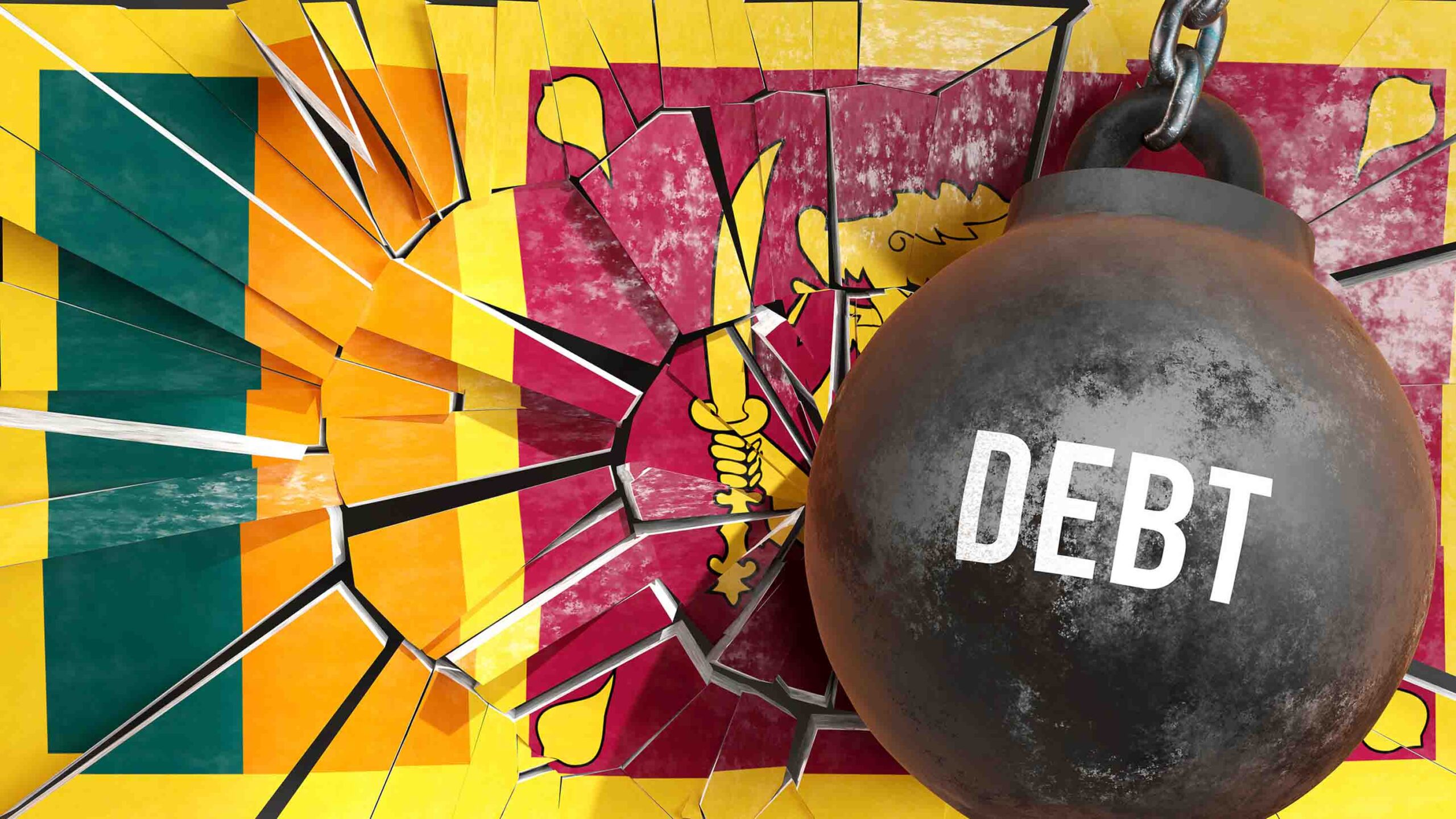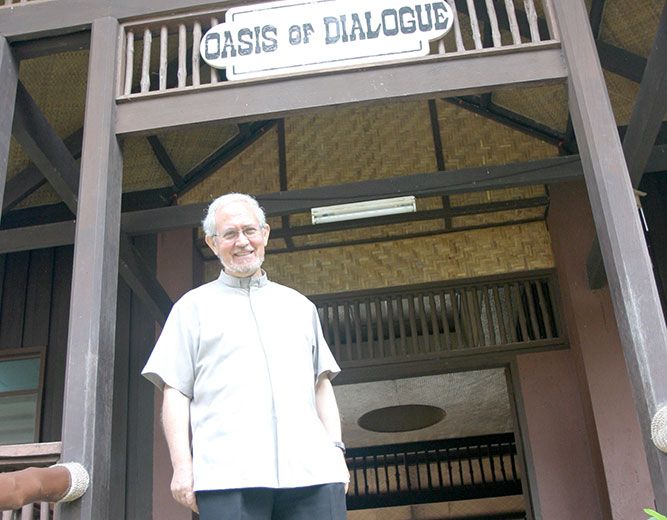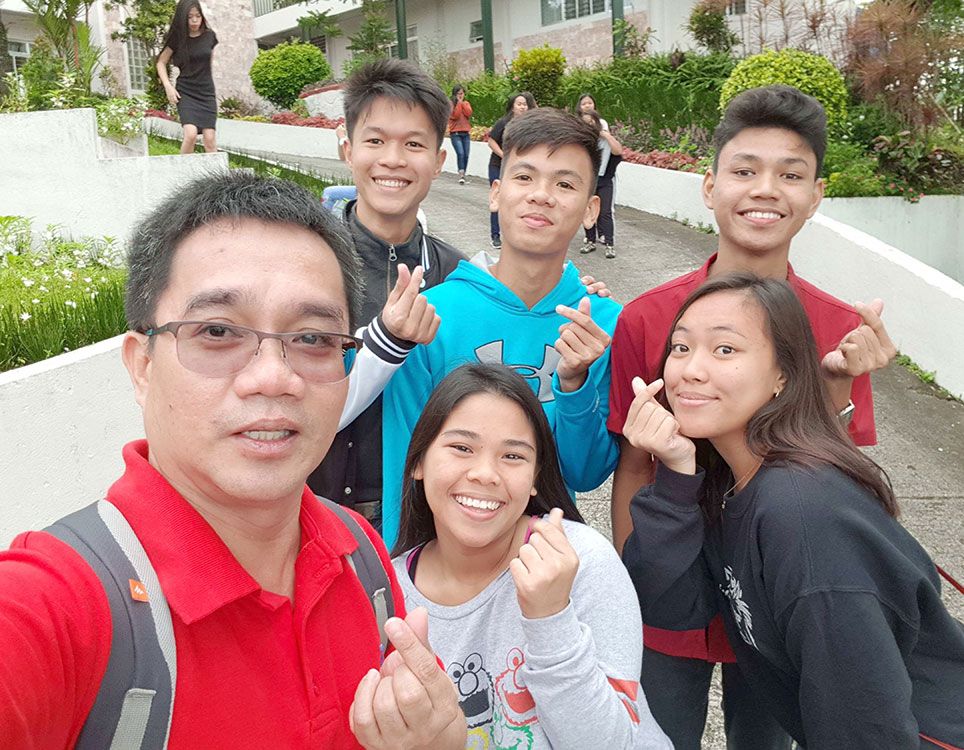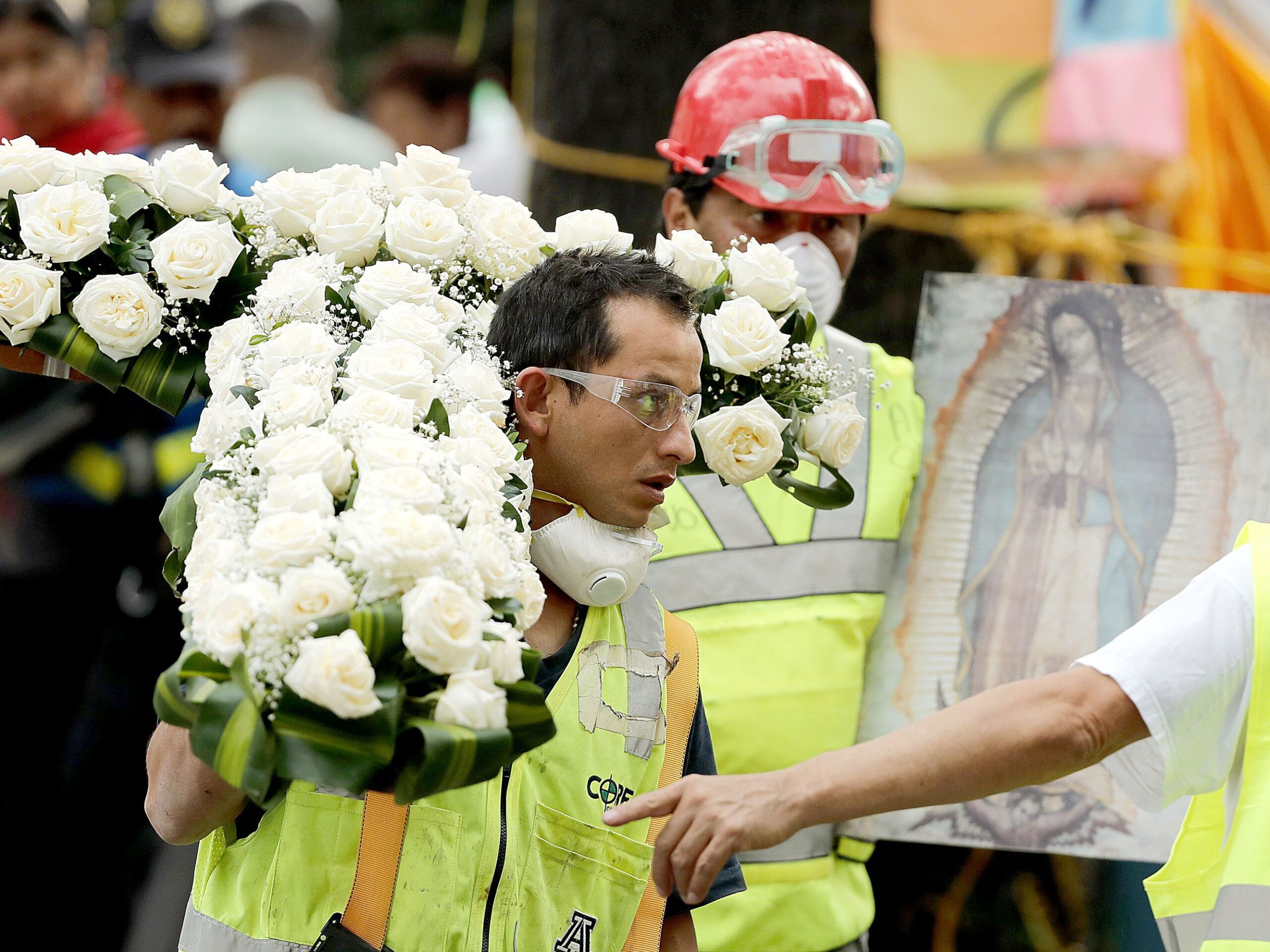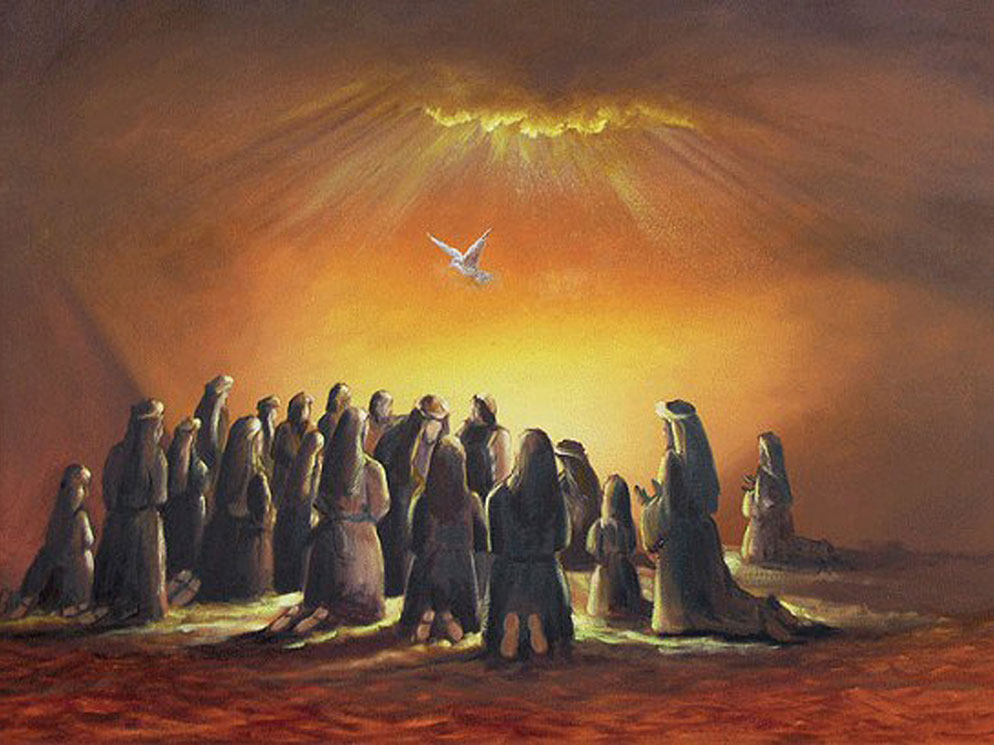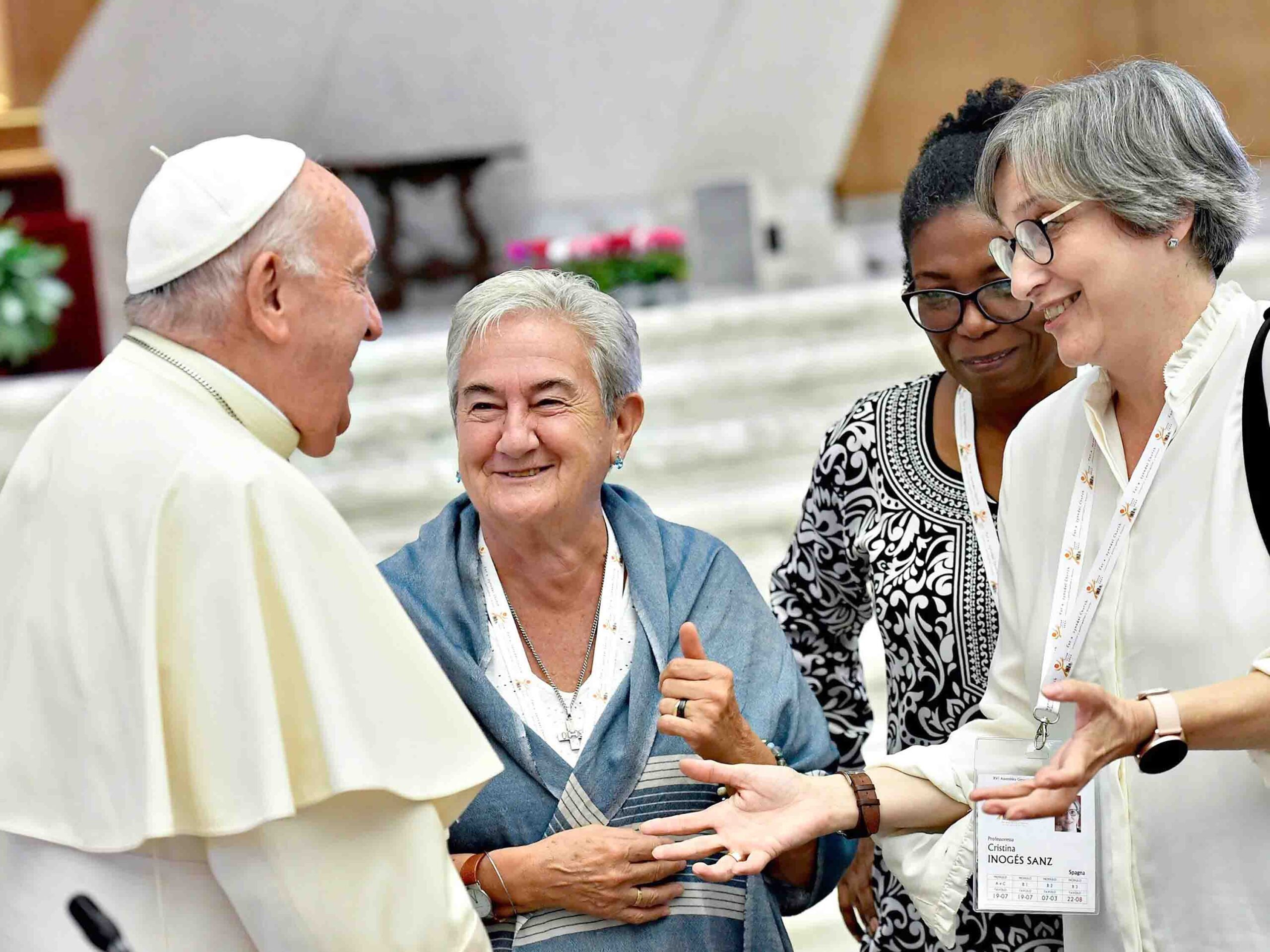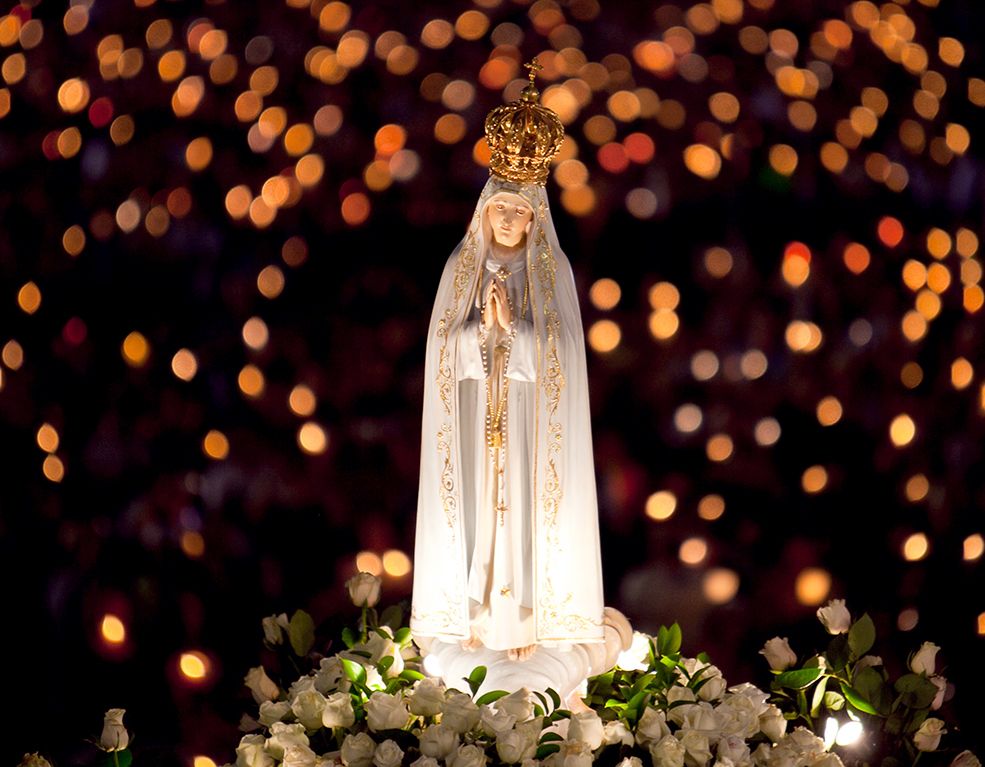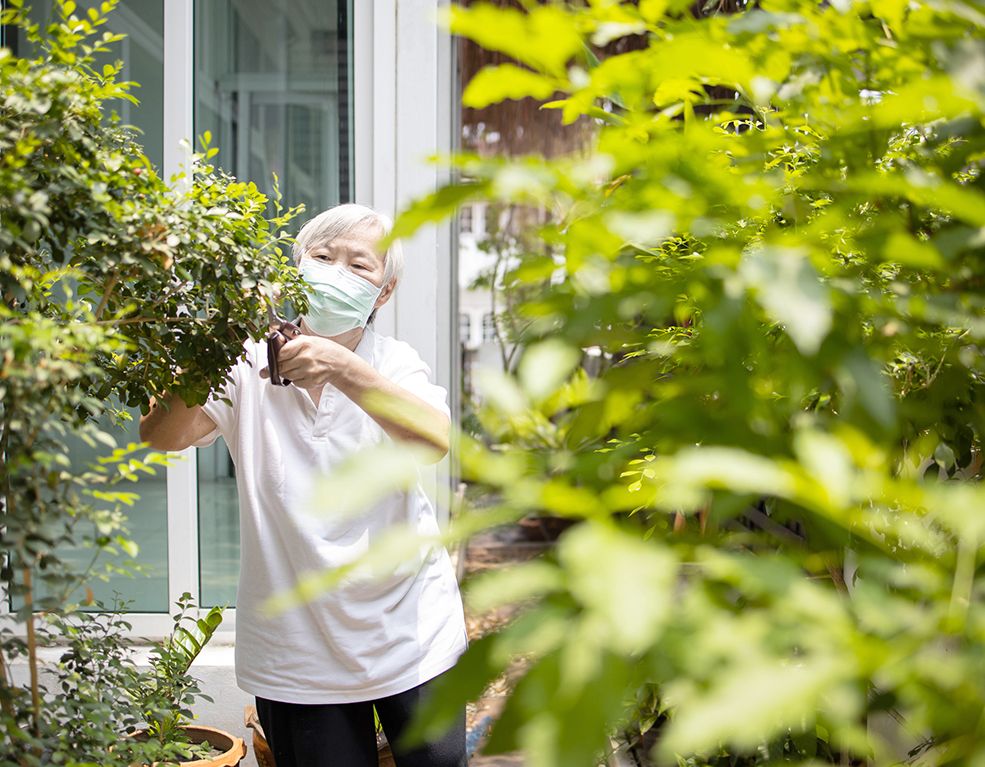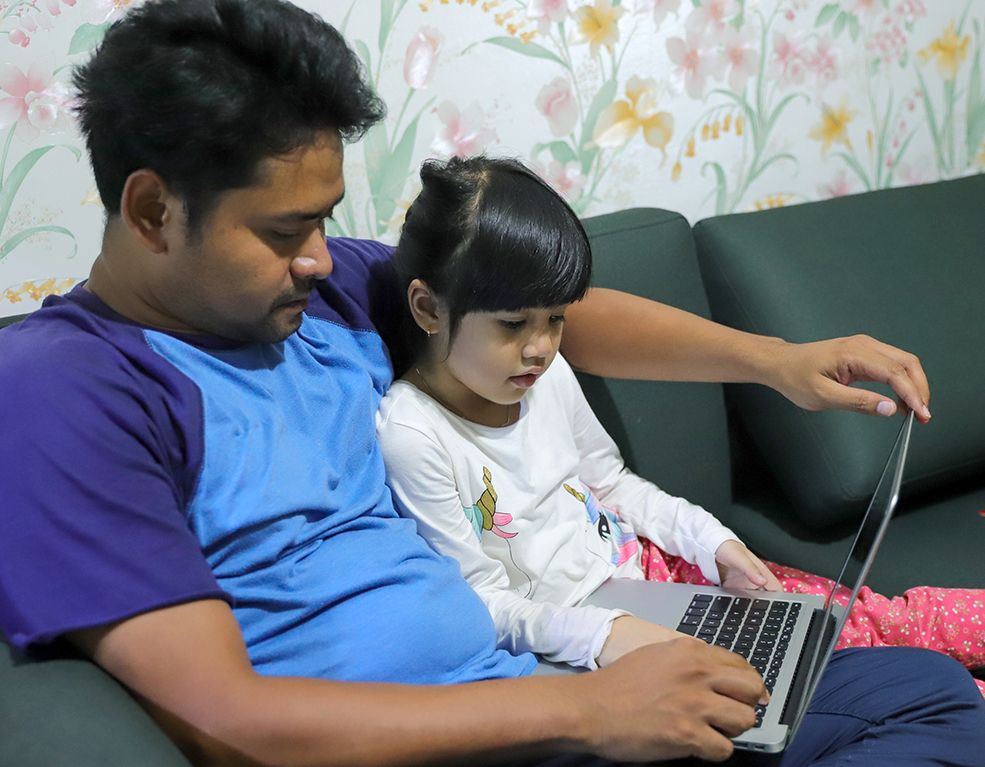PREDA has been addressing poverty’s root causes in rural areas. Its Fair Trade project, headed by Mabelle Facturanan and Resty Arellano, has 26 handicraft development groups all over the country – working from Mindanao to Baguio, Kalinga and Bontoc – that help the producers develop and export their products such as bamboo baskets, wood carvings, pumice stone figures (from lahar), recycled bags (from waste materials) and sandals (from used rubber tires). Unfortunately, due to the global economic downturn, the orders have decreased in the last two years, affecting the income of producers. PREDA, which gives the producers interest-free production loans, returns a share of any earnings to them.
PREDA has been campaigning for environmental protection and organic farming. Its own organic farm is a training model for farmers and students. It is using vermiculture to change compost into natural fertilizer and producing hectares of healthy food for its children’s homes. This is led by Agriculturist José Donardo Angeles who oversees the Vocational Training Center at Bukang Liwayway in welding, carpentry, organic farming and other skills training for the boys rescued from jails. Donardo Angeles says: “Here, at Bukang Liwayway, the farmers, students and boys connect with God’s Creation and learn to care for it, to enjoy and love the beauty and importance of the environment and natural farming. We are being poisoned with too much toxic chemicals poured into the earth, rivers and oceans, so we are doing our share to change that.”
PREDA Fair Trade has been exporting dried mangos for years. Sometime ago, with its partner in ethical trading, Profood – headed by Justin and Debbie Uy – it offered the best fair trade prices to farmers that challenged the unfair low price fixing cartel. As sales of dried mangos increased around the world, PREDA Fair Trade and Profood increased the volume of fresh mangos purchased and cornered the supply. They created a shortage and the price fixing cartel had to compete and pay higher prices to the farmers. Soon after, the cartel collapsed – to the benefit of all Filipino small farmers! Alex Hermoso, who is an advisor to the Fair Trade department, says: “This volume buying has helped small farmers all over the country. Like in a rising tide the boats get lifted up, so, too, are the small farmers ‘lifted up’ by the higher prices. PREDA wants to keep it like that because our export sales of dried mangos help the PREDA projects as well as the farmers.”
In partnership with local communities, especially with the Indigenous People of Zambales, PREDA has been planting thousands of mango trees every year with the help of volunteers. PREDA agriculturists Roger Hermogino and Aris Alantico travel to remote villages and cooperatives to encourage and train farmers to go organic, especially for mango production, as there is a huge market waiting to pay very high prices for organic produce. Aris Alantico says: “Filipino farmers have been made dependent on spraying chemical inducer to get a big harvest, but in this way, they earn less because it is costly and it damages the soil and the trees. Organic mango production yields a smaller harvest but the fruits are healthier so they can earn higher prices to compensate.”
PREDA has also been helping indigenous people to protect their ancestral domains. Recently, it has succeeded in claiming people’s legal rights to the land in Botolan, Zambales. Now, it has joined the anti-mining campaign, because so many of international corporations are coming to the country to explore the land of the poor and destroying the environment – forests, rivers and mountains.
In the provincial towns and villages, the PREDA human rights education team (supported by Irish Aid) organizes and helps the barangays (local government units) to make their own council – as required by the law – for the protection of children. PREDA’s school education team is out there every day giving workshops and seminars, to educate the teachers and the children to know their rights and to protect themselves from abuse. Their province-wide youth organization, PREDA-Akbay, supports the education teams with exciting puppet shows, theater presentations and a singing group. Fr. Shay has written some of the thought-provoking songs, available on the PREDA website. He says: “Mission is spreading the good news that we have God-given rights, we are God’s family and everyone is precious, no matter how poor or needy. We can reach people more effectively, through the youth, in song, dance and theatre. Jesus taught through dramatic storytelling; we learned from that and made our own comic storybook.”
Besides its sustaining earnings from Fair Trade exports, PREDA has partners and donors abroad who help in financing its projects. There’s trust in the Providence’s help, but the people of PREDA do not cross their arms. Fr. Shay points out: “Like any family, we have to ensure we earn enough to feed the kids. We have 110 children in residential care and many more outside. Our faith and belief has to translate into action. Faith without action, as St. James says, is not good. We have to do something to help others. Everybody can do something. Let us make this a better world.”




